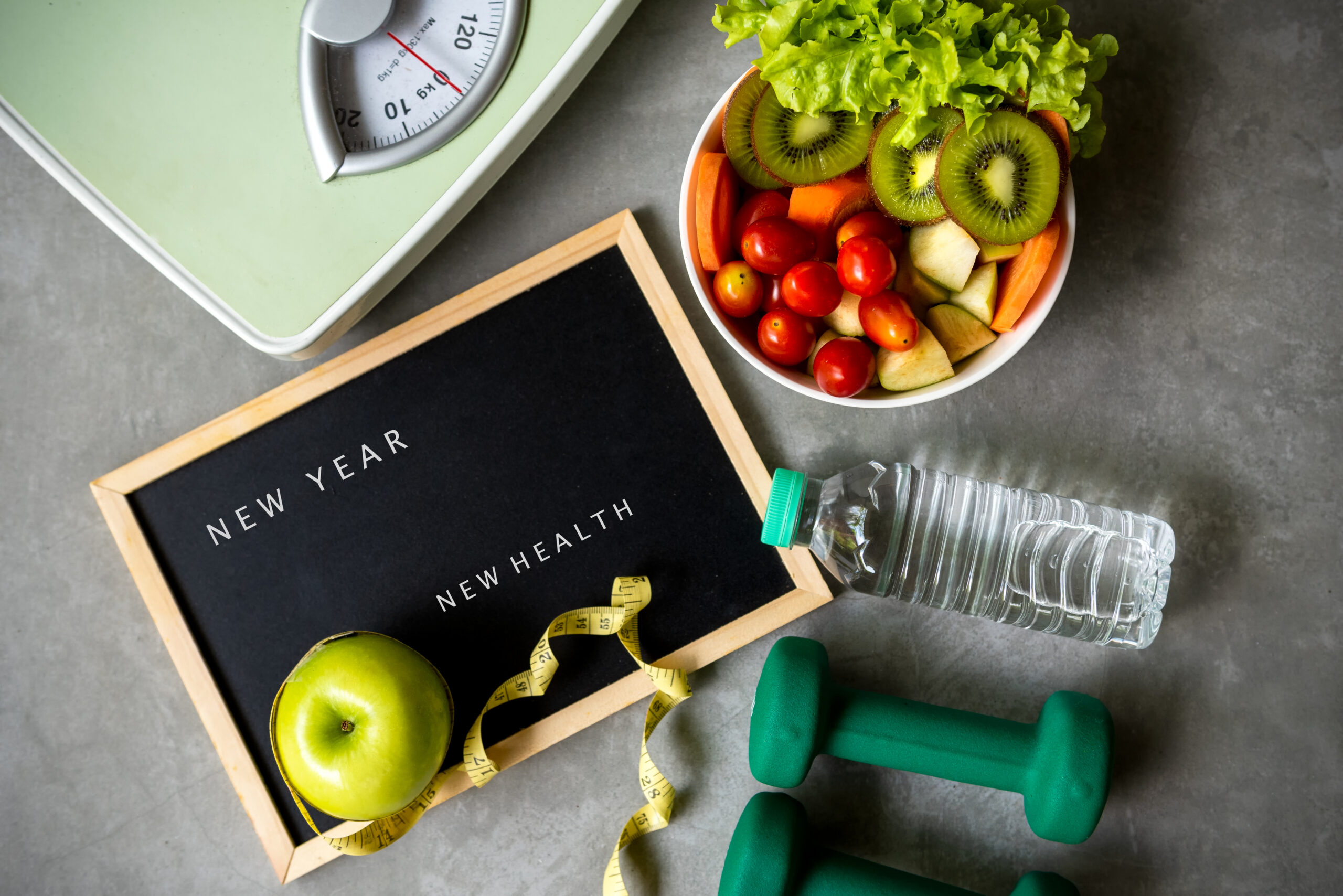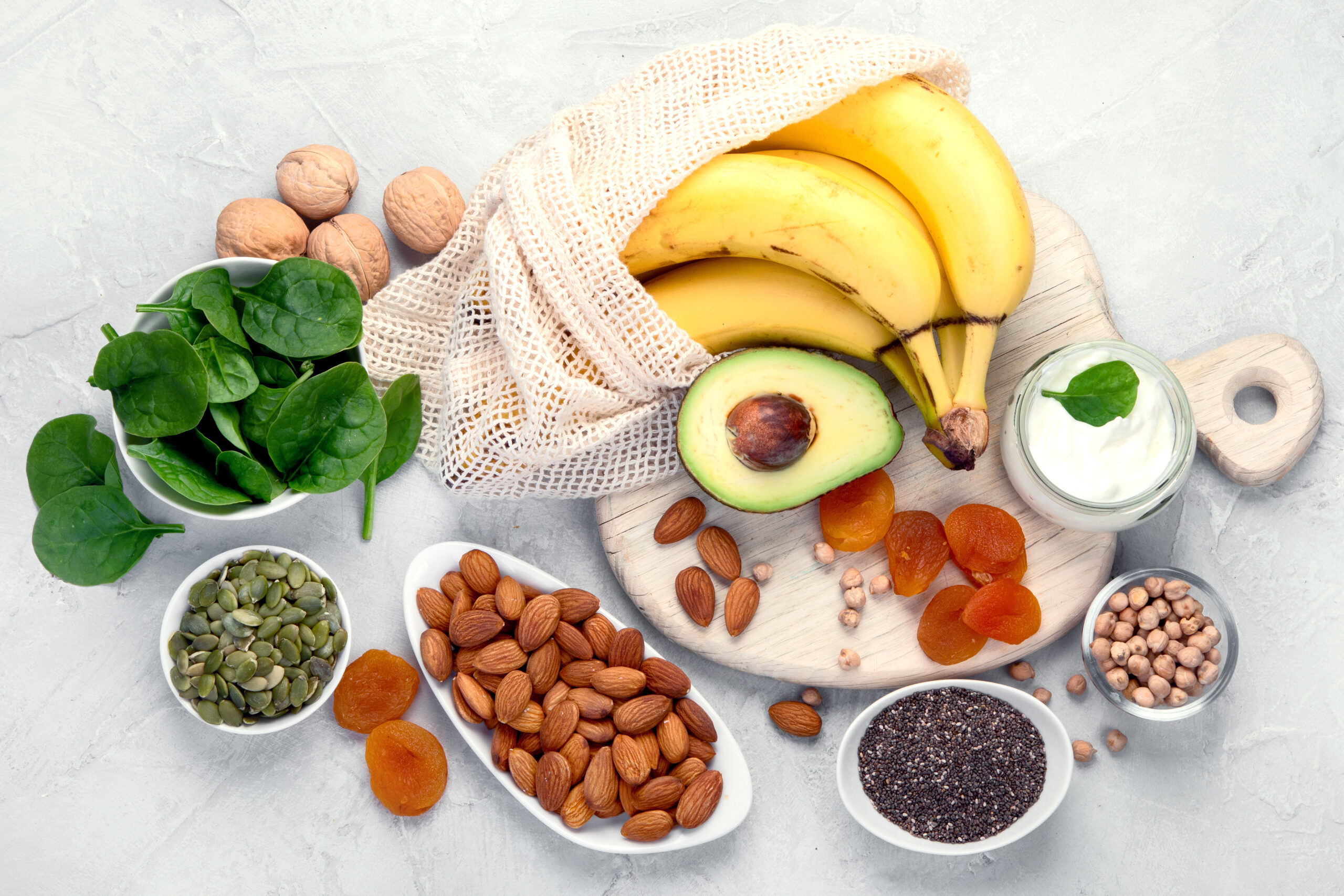Article authored by Readout Health with editorial oversight from Chief Medical Officer, Naomi Parrella, M.D.
It was the Greek physician Hippocrates, the “father of medicine,” himself who famously claimed in 440 BC, “Let food be thy medicine and medicine be thy food.” Hippocrates was the first of his time to advance the idea that disease and illness is caused by a lack of quality nutrition, and not by supernatural forces. He believed in the powerful medicinal properties of food and viewed each bite as an opportunity to either promote health or harm it, a belief held by most practitioners even today.
Hippocrates believed that disease was a result of an inadequate diet, but might this viewpoint be a bit too simplistic? After all, many factors contribute to disease. A person’s diet plays a role, certainly, but so does stress, age, activity level, and genetics. And aiming for a perfect diet alone should never replace regular visits to your doctor or prevent you from using medication when it’s really needed.
Still, countless studies show that what you choose to eat does have a profound effect on your overall health. So, can food really act as medicine? Let’s dive in and find out.
Here’s how food can fight disease
You already know how important it is to “eat healthy,” but it’s not always clear cut as to what constitutes a “healthy” diet in the first place. While there’s no shortage of theories regarding what makes the optimal diet, most experts agree that a diet that best helps boost overall health is one that offers an abundance of vitamins, minerals, antioxidants, fiber, protein, and fat.
Vitamins and minerals
Vitamins and minerals include the 30 essential micronutrients your body relies on to function properly. Think of them as the raw materials needed to produce bone, muscle, and skin, to pump out blood used to transport oxygen and nutrients, to disseminate instructions among your organs, and to send nerve signals throughout your brain and the rest of your body. They heal wounds, convert food into energy, and repair cell damage. Vitamins and minerals are considered essential because your body can’t create them on its own in adequate amounts. So, you need to eat micronutrient-containing foods to fill in those gaps. The good news is, it generally doesn’t take much of these nutrients to get the amount that you need.
Vitamins A, D, E, and K are found in oily fish, dairy foods, liver, and animal fats
Vitamin C, folic acid, and the B vitamins are found in fruits and vegetables, dairy foods, and grains.
Antioxidants
There’s been a lot of chatter about the role antioxidants play in sustaining good health, and for very good reason. These powerhouse nutrients are plant compounds, or phytochemicals, found in plant foods, and play a major role in neutralizing free radicals. Free radicals are unstable molecules created by the body as a reaction to environmental pressures, and are linked to immune deficiency, heart disease, arthritis, cancer, stroke, and other inflammatory conditions.
A variety of antioxidants are found in plant based foods like berries, fruits, veggies, dark chocolate, nuts, seeds, spices, and herbs.
Fiber
Fiber may be most well known for its ability to relieve constipation, thanks to its bulking effect. As the part of plant food your body can’t digest, fiber’s benefits can be experienced in other critical ways, as well. Fiber also helps feeds your gut microbiome which also helps with nutrient absorption. This may be why getting enough fiber can help you maintain a healthy weight and stave off diabetes, some types of cancer, and heart disease. Fiber can be soluble, which means it can dissolve in water and is helpful for maintaining stable blood glucose levels and triglycerides, or it can be insoluble, which means it cannot dissolve in water, which promotes digestion and regularity in the bathroom. Both types of fiber are beneficial to optimal health.
Soluble fiber is found in chia seeds, nuts, legumes, and blueberries.
Insoluble fiber is found in leafy greens, almonds, walnuts, and seeds.
Protein
There are some nutrients that your body requires you to eat because your body cannot make it on its own. Without consuming these necessary nutrients, your body cannot function. One group of these necessary nutrients are essential amino acids, which you can only get from the proteins you eat or drink. So, your body relies on getting enough protein from food, which makes sense given that you need those essential amino acids, and every cell in your body contains protein. Protein is found in animal products like seafood, poultry, meat, and eggs. Plant-based foods that contain protein include peas, beans, lentils, nuts, seeds, and soy products.
Fats
Another group of necessary nutrients (those that you have to eat to survive because your body can’t make them) includes the essential fatty acids which come from the fat that you eat or drink. These dietary fats, which are different from the fat cells in the body, are involved in critical biological processes in the body. Dietary fats provide a concentrated source of energy, help your intestines absorb fat soluble vitamins (A,D,E,K), are used to make hormones, build cell membranes, and also necessary for optimal functioning of your brain and nervous system. Adequate fat means your cell membranes are fluid and flexible, allowing better uptaking of nutrients into the cell and overall better cell function. Because the body can’t produce the essential fatty acids linoleic acid (LA) and alpha linolenic acid (ALA) on its own, eating foods high in fatty acids is needed to help the body lower inflammation, heal wounds, and clot blood.
Fat can be found in butter, full-fat milk and yogurt, high-fat meat, and full-fat cheese. It can also be found in fish, vegetable oils, nuts, avocados, flaxseed, and peanut butter.
Here’s what happens when you don’t get proper nutrition
When your diet is filled with ultra-processed foods – we’re talking foods with added preservatives, salt, sugar, or artificial colors like chips, candy, sweetened cereals, ice cream, and hot dogs – you’re putting yourself at risk for gaining weight, type 2 diabetes, heart disease and stroke, and even cancer. That’s because these foods are chock full of sugar, sodium, and dangerous trans fat – and worse, they keep you wanting more, making it all too easy to overindulge.
Eating too many ultra-processed foods harms the healthy gut microbiome, increases risk of overweight, obesity, and chronic disease and in addition replaces the good stuff: health promoting foods. You can become nutrient deficient, or more specifically, deficient in the vitamins and minerals that your body needs to function well.
Here are some common telltale signs that indicate you might be short on nutrients. If you ever have any concerns, you may want to talk to a licensed health professional or registered dietitian to fully assess what’s going on.
Excessive hair loss
A burning sensation on your tongue or your feet, constipation, or balance issues
Irregular heartbeat, chest pains, or muscle cramps
Slow wound healing, unusual rashes, bleeding gums
Achy, painful bones
Changes in your night vision
Fatigue
Persistently elevated blood pressure
It all starts with your fork
There are countless ways to fill your plate with delicious, health-boosting foods. Aim to dine on these superfoods often so that you can enjoy the many scientifically-proven benefits they offer.
Berries. Thanks to their potent antioxidant and hefty fiber and vitamin C content, berries are known to protect against cancer, stabilize blood sugar, lessen inflammation, and lower the risk of heart disease. Eat a moderate amount of blueberries, blackberries, strawberries, and raspberries at a time – not too many, or else you could cause a spike in your blood sugar.
Leafy greens and cruciferous vegetables. These foods include kale, collard greens, cauliflower, cabbage, Brussels sprouts, and broccoli, and are filled to the brim with phytochemicals, fiber, vitamin K, vitamin C, and nitrate that are associated with longevity and better cardiovascular health.
Mushrooms. Mushrooms contain a combination of bioactive compounds and nutrients, namely B vitamins, selenium, zinc, and copper, that work together to prevent Alzheimer’s disease, Parksinson’s disease, high blood pressure, and stroke. They are the only whole food plant-based source of bioavailable vitamin D. Mushrooms also have antibacterial properties, making them a potent immunity booster, and are also shown to lower cholesterol. You may already be familiar with white button and cremini mushrooms, but experiment with other varieties like maitakes, oysters, and shiitakes.
Eggs. Whether scrambled, boiled, or served over easy, eggs are an incredibly versatile nutritious whole, unprocessed food choice that’s quick and easy to prepare. Eggs are packed with protein. In fact, they are considered a high-quality source of complete protein because they contain all nine essential amino acids that your body needs. Eggs also contain vitamins A, D, E iron, folate, and choline.
Oily fish. Eating fatty fish like salmon, sardines, herring, and mackerel regularly may extend your life by lowering inflammation and improving metabolic syndrome and heart disease risk factors due to its rich protein, omega-3 fatty acid, vitamin D, iodine, and selenium content.
Spices. Liberally flavor your dishes with beneficial antioxidant-packed spices like turmeric, cinnamon, ginger, and garlic, which are scientifically shown to quell inflammation, lower cholesterol, and have an anti-cancer, antimicrobial effect. Regular use of these spices are associated with improvements in obesity, heart disease, neurodegenerative disease, digestive disorders, and bone disease.
Using the above list, consider ways to include these superfoods in various combinations throughout the week. Need some inspiration? Try out these recipes!
Green Superfood Salad
Serves 1
1 cup fresh kale
1/2 cup lettuce Leaves
1/2 head broccoli
1 large avocado
1/4 cup pine nuts
1 Tbsp chia seeds
1 small handful alfalfa sprouts
50g feta cheese
2 Tbsp olive oil
Juice of 1 lemon
1/2 tsp salt
1 tsp pepper
Chop all veggies and place into a medium sized bowl. Mix oil, lemon juice, salt, and pepper in a small bowl, and pour over salad. Adjust seasonings to taste. Combine dressing and salad well, and enjoy!
Easy Garlic Mushrooms
Serves 4-6
4 tbsp avocado or olive oil
1/2 cup onion, diced
1 pound whole Cremini or button mushrooms
2 tsp garlic, minced
1 tsp fresh thyme
1 tbsp parsley, chopped
1/2 tsp salt (or to taste)
1/4 tsp black pepper (or to taste)
Heat the oil in a large pan or skillet over medium-high heat.
Sauté the onion until softened, about 3 minutes.
Add the mushrooms and cook for about 10 minutes until golden brown.
Add garlic and herbs, and cook for an additional 1-2 minutes.
Season generously with salt and pepper (to your taste).



